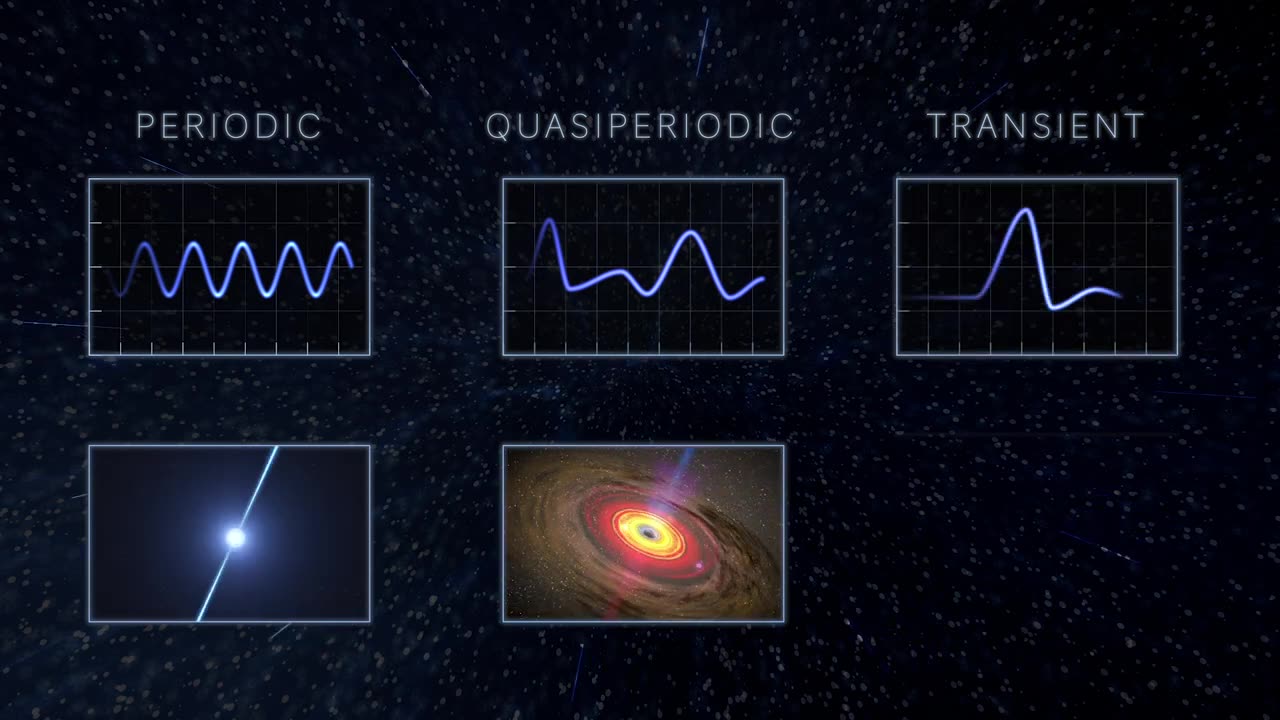Premium Only Content

Roman's View of the Dynamic Universe
The Romans had a complex and dynamic view of the universe. They believed that the cosmos was a living entity, ruled by a pantheon of gods and goddesses. The planets and stars were thought to be divine beings, and their movements were seen as omens of things to come.
The Romans were also keenly interested in the practical aspects of astronomy. They developed sophisticated calendars and navigational techniques based on their observations of the heavens. They also used astrology to predict future events and to guide their decision-making.
One of the most important Roman astronomers was Claudius Ptolemy. In the 2nd century AD, Ptolemy wrote a book called the Almagest, which summarized all of the astronomical knowledge of the time. The Almagest was considered to be the definitive work on astronomy for over 1,400 years.
The Romans believed that the universe was geocentric, meaning that the Earth was at the center of the cosmos. All of the other planets, the sun, and the moon were thought to revolve around the Earth. This view was based on their own observations, which suggested that the Earth was stationary and that the other celestial bodies were moving around it.
However, the Romans also knew that there were some anomalies in their geocentric model. For example, they observed that the planets sometimes moved backwards in the sky. This was explained by the idea of epicycles, which were small circles that the planets traced as they orbited the Earth.
The Romans also believed that the universe was finite and unchanging. They thought that the Earth was surrounded by a series of concentric spheres, each of which contained a different celestial body. The outermost sphere was the sphere of the fixed stars, which they believed was fixed in place.
The Romans' view of the universe was dynamic in the sense that they believed that the planets and stars were constantly moving. However, they also believed that the overall structure of the universe was fixed and unchanging.
In the centuries since the fall of the Roman Empire, our understanding of the universe has changed dramatically. We now know that the universe is heliocentric, meaning that the Sun is at the center of the solar system. We also know that the universe is expanding and evolving.
However, the Romans' legacy in astronomy is still important today. Their observations and theories helped to lay the foundation for modern astronomy. And their sense of wonder and awe at the cosmos continues to inspire us today.
-
 LIVE
LIVE
TheSaf3Hav3n
3 days ago| RUMBLES FIRST SUBATHON IS HERE!!! | DAY 4 |
1,079 watching -
 LIVE
LIVE
Joe Donuts Gaming
2 hours ago🟢 Live : Christmas is Here!! | Fortnite, Caroling, Light Tours and Donos !!
535 watching -
 LIVE
LIVE
CLUJ
1 hour agoCHRISTMAS EVENING HYPE!! LETS HAVE FUN GAMING!!
341 watching -
![I AM FINALLY BACK :: PUBG: BATTLEGROUNDS :: RUMBLE NOW HAS GIFTED SUBS!!! [Merry Christmas] {18+}](https://1a-1791.com/video/fwe1/22/s8/1/e/f/C/6/efC6v.0kob-small-I-AM-FINALLY-BACK-PUBG-BATT.jpg) LIVE
LIVE
a12cat34dog
3 hours agoI AM FINALLY BACK :: PUBG: BATTLEGROUNDS :: RUMBLE NOW HAS GIFTED SUBS!!! [Merry Christmas] {18+}
334 watching -
 LIVE
LIVE
STARM1X16
3 hours agoMerry Christmas Fortnite
192 watching -
 2:45:33
2:45:33
Sgtfinesse
3 hours agoMerry Christmas Night
9.04K4 -
 LIVE
LIVE
tacetmort3m
19 hours ago🔴 LIVE - (MERRY CHRISTMAS) TIME TO SPREAD DEMOCRACY - HELLDIVERS 2 OMENS OF TYRANNY
27 watching -
 12:42
12:42
Cooking with Gruel
17 hours agoBrown Butter Trifle with Salted Caramel and Cinnamon Apple
7591 -
 2:46
2:46
BIG NEM
6 hours agoDiscovering RAKIJA: The Holy Liquer of the Balkans
441 -
 1:11:38
1:11:38
Film Threat
11 hours agoCHRISTMAS DAY CHILL STREAM WITH CHRIS GORE | Hollywood on the Rocks
123K24